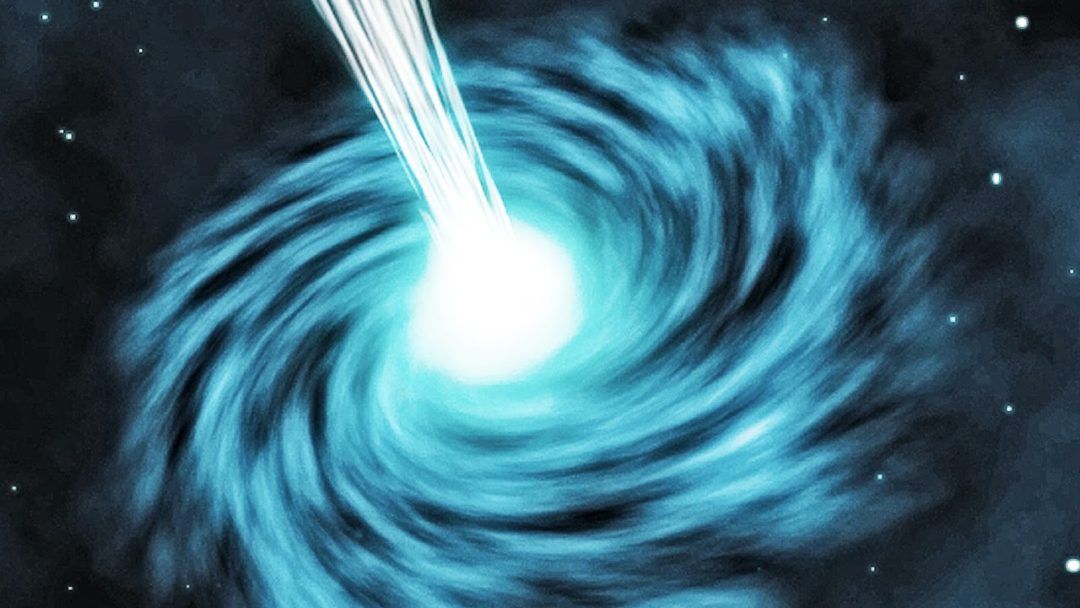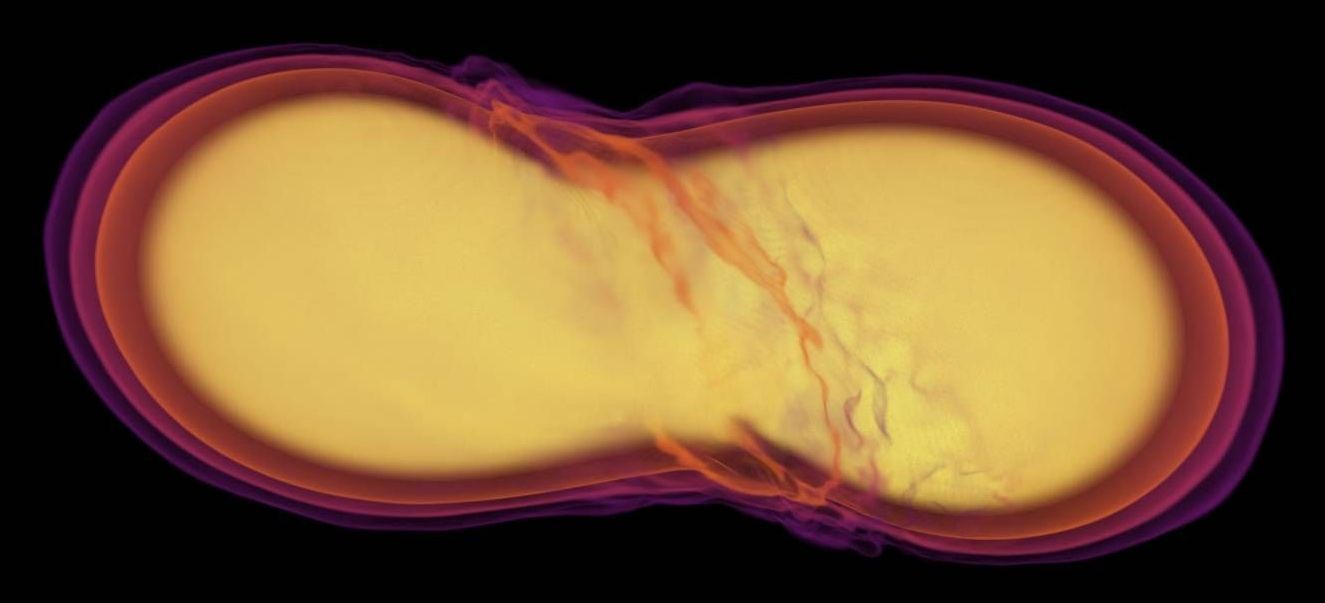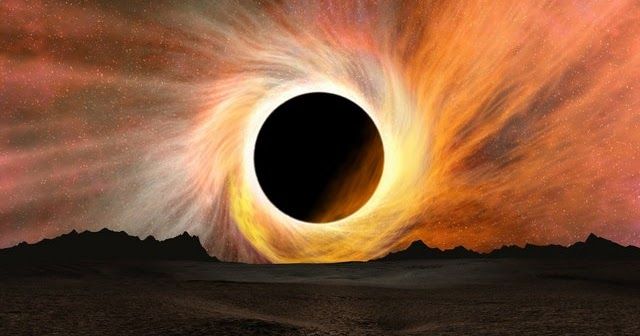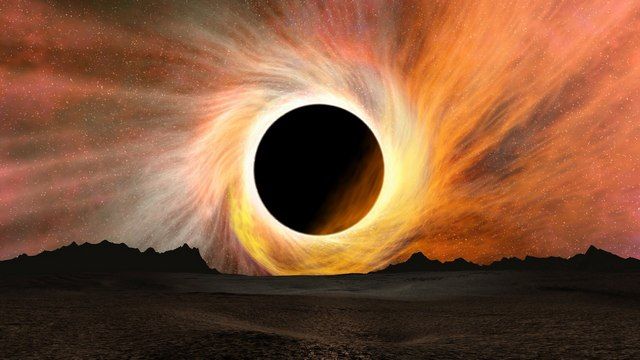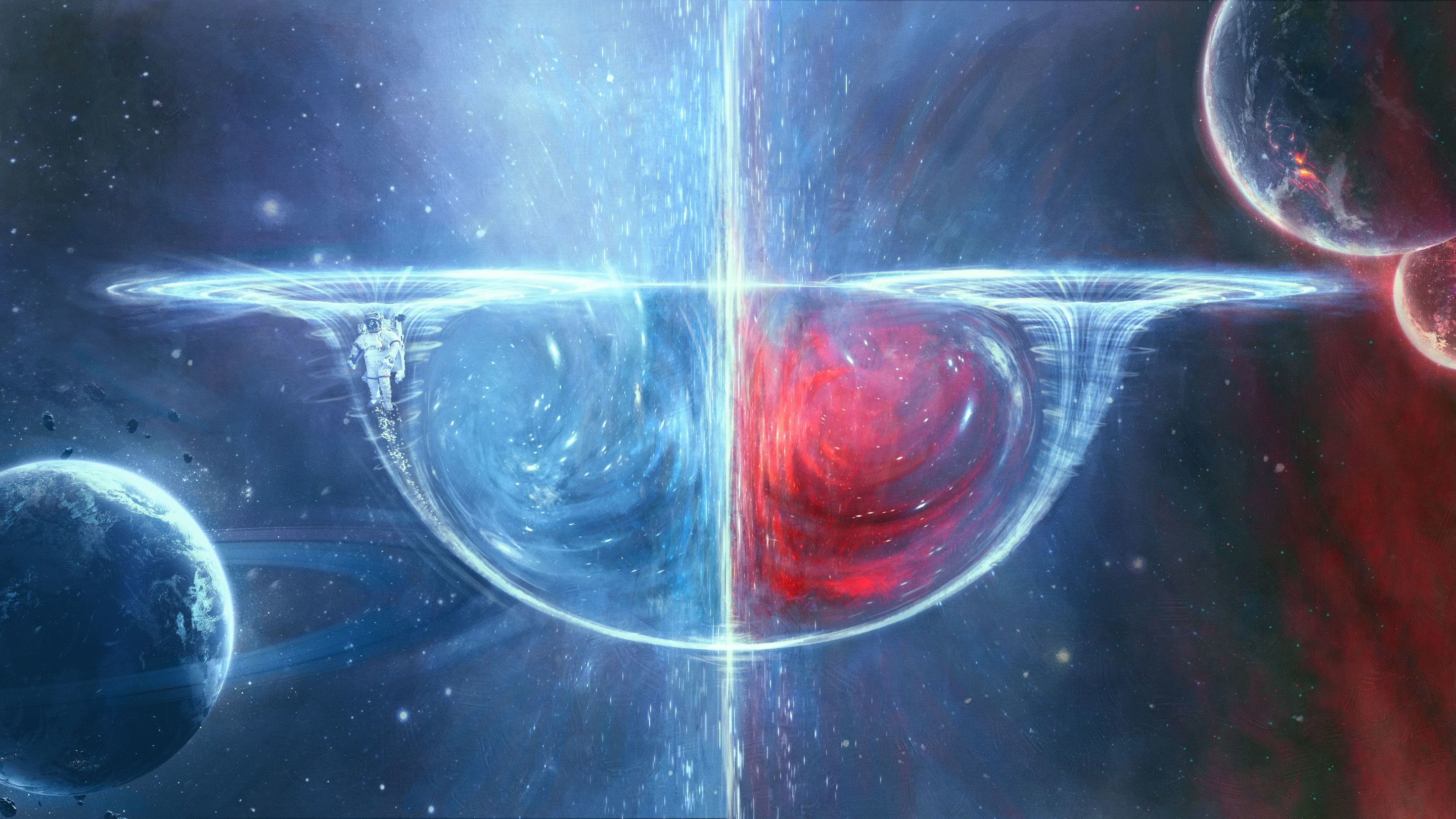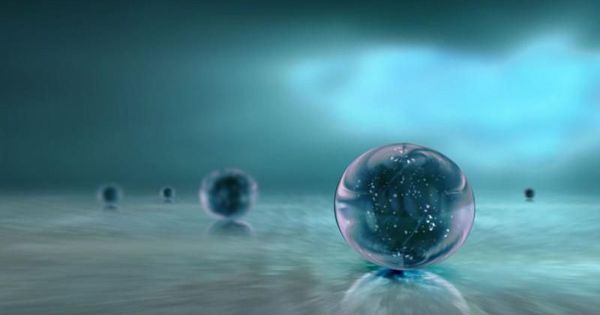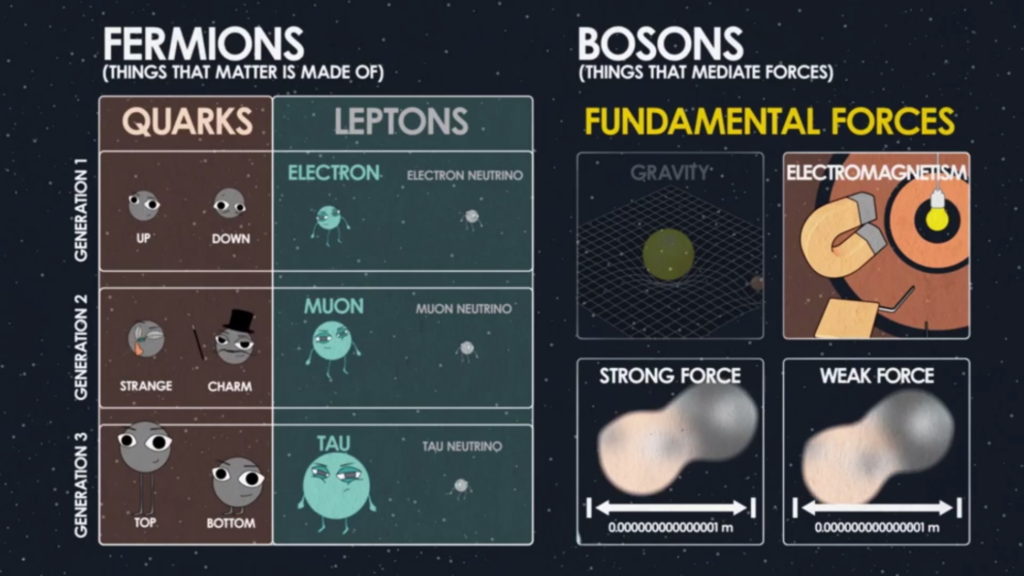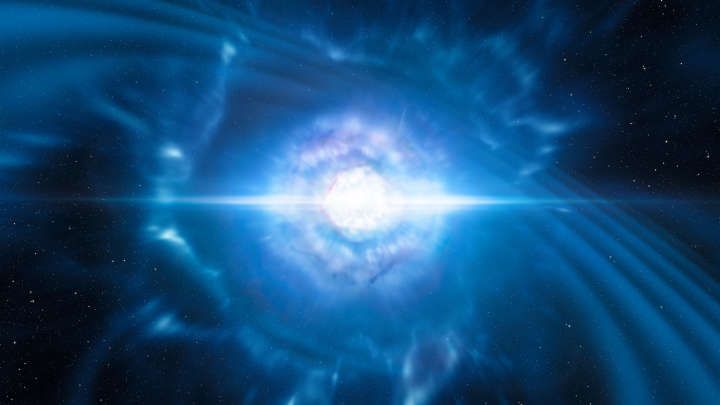
The fifth observation of gravitational waves (GW) marks the beginning of a new era in astronomy. On August 17, 2017, the LIGO and VIRGO collaborations detected neutron stars merging for the first time and immediately alerted observatories around the world. In a matter of minutes the event had been located, another first for GW astronomy, and telescopes around the world begun studying it almost immediately.
The event observed, called GW170817, was produced in galaxy NGC 4993, located 130 million light-years from Earth. The gravitational signal was the strongest ever observed, lasting over 100 seconds, and it emitted a gamma-ray burst (GRBs), providing the first piece of evidence that GRBs are produced by neutron star collisions. It also provided the strongest evidence yet that neutron star mergers are responsible for the creation of the heaviest elements in the universe, like gold and platinum.
The importance of this observation cannot be understated. We are witnessing Galileo pointing the telescope up, or Henrietta Swann Leavitt working out the relation that will be used to measure cosmic distances. This observation brings a completely new dimension to astronomy. The seven papers published in Nature, Nature Astronomy, and Astrophysical Journal Letter are also record-breakers. They have over 45,000 authors – around 35 percent of all active astronomers in the world – who worked at the over 70 observatories that helped to make this discovery.
Continue reading “In A Historic Discovery, A Neutron Star Merger Has Been Observed For The Very First Time” »
